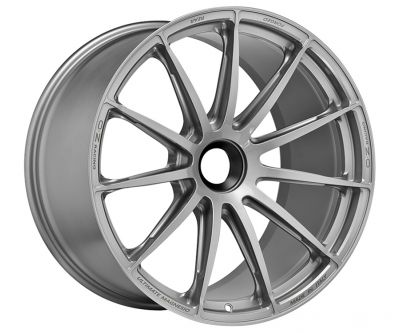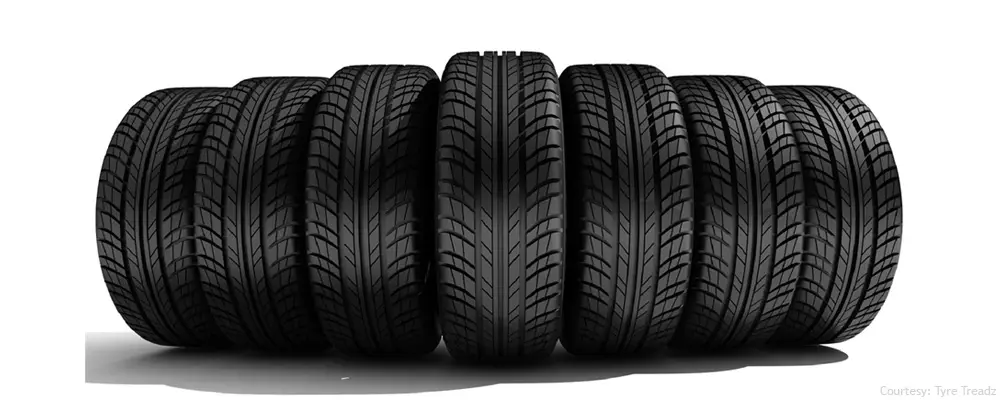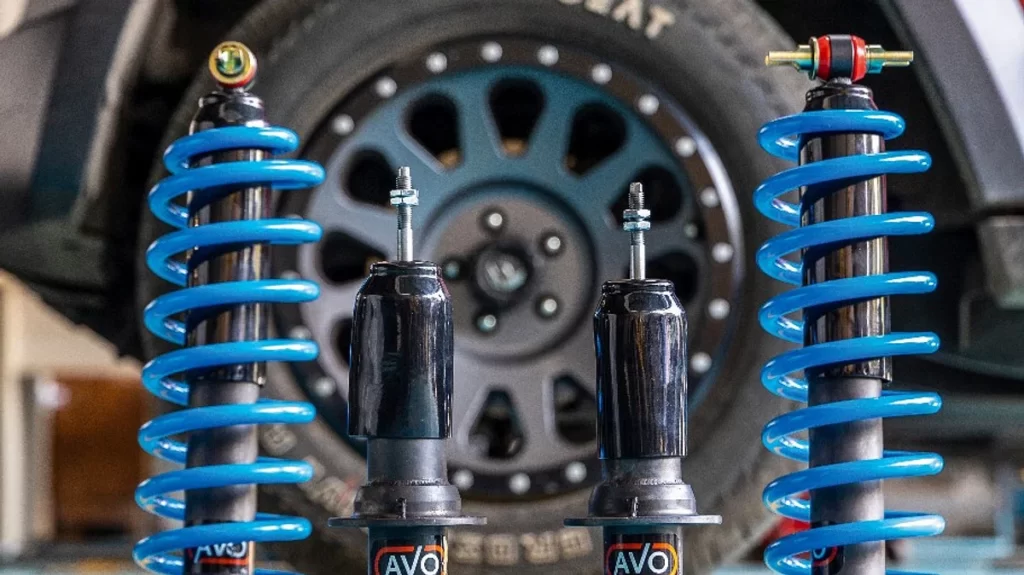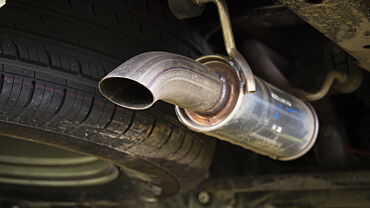In recent times, there has been a growing concern among car enthusiasts and owners in India regarding the ban on the Modification of cars. The negative impact of this ban on Indians cannot be understated, as it not only affects the automotive industry but also hampers individual freedom and creativity. In this article, we will delve into the repercussions of the car modification ban and explore the various aspects that make it a contentious issue.

The Negative Impact of the Ban on the Car Modification on Indians.
The ban on vehicle modifications in India, imposed by the Supreme Court in 2019, has been a topic of debate and concern for many people in the country. While countries like the United States and the United Kingdom have more relaxed laws regarding vehicle modifications, India has taken a stricter stance.
The reasons behind this disparity can be attributed to several factors. Firstly, the Supreme Court of India believes that modifications that deviate from the specifications provided by the vehicle manufacturer can pose risks to the safety of occupants and the environment. They argue that such modifications can compromise the structural integrity of vehicles and increase the chances of accidents.
Another reason is the size and importance of the automobile industry in India. With India being the 4th largest car market in the world, the government may have taken a cautious approach to ensure that vehicle modifications do not negatively impact the industry. They may be concerned about maintaining the standards and quality of vehicles on Indian roads, as well as the safety of both drivers and pedestrians.
Unintended Consequences: Vehicle Modification Ban in India:
While the ban on vehicle modifications may have been implemented with good intentions, it has had some unintended consequences. One of the major concerns is the impact on employment opportunities for mechanical engineers in India. With limited job prospects in their field, many mechanical engineers have migrated to other sectors, such as IT, due to the lack of opportunities in the automotive industry. Allowing vehicle modifications could potentially create new avenues for mechanical engineers to start their own businesses and contribute to the industry.
Furthermore, the ban on vehicle modifications has affected the automobile enthusiast culture in India. Car modifications have always been a popular hobby among enthusiasts, allowing them to personalize and customize their vehicles. By prohibiting these modifications, the government may have inadvertently dampened the enthusiasm and creativity of car enthusiasts in the country.
Balancing Vehicle Modification Regulations in India:
In comparison to countries like the US and Malaysia, where certain modifications are allowed with specific regulations and checks in place, India’s approach seems more stringent. However, it is important to note that the size of the vehicle modification industry in India is relatively small compared to other industries, such as the cigarette and liquor industries. Therefore, the ban on vehicle modifications may not have a significant impact on the Indian economy.
To address some of the concerns surrounding the ban on vehicle modifications, the Indian government could potentially work with the Regional Transport Offices (RTOs) to establish a system for approving major modifications. This would involve mentioning the modifications on the vehicle’s Registration Certificate, making it easier to trace the vehicle in case of any incidents. It is important to have open discussions and consider the perspectives of various stakeholders when it comes to policies like the ban on vehicle modifications.
By understanding the concerns and finding a balanced approach, it may be possible to address the issues raised while ensuring the safety and integrity of vehicles on Indian roads. While I can provide some common examples of legal car modifications in India, please note that it is always advisable to refer to the specific regulations and guidelines provided by the relevant authorities, such as the Regional Transport Offices (RTOs), for accurate and up-to-date information.
- Here are some general examples of legal car modifications in India:
1. Alloy Wheels: Upgrading your car’s wheels to alloy wheels, as long as they comply with the prescribed size and specifications.

2. Tyre Upgrades: Changing the tyres of your vehicle to a different brand or model, provided they meet the required size and load-bearing capacity.

3. Lighting Modifications: Adding auxiliary lights, fog lights, or decorative lighting, as long as they adhere to the permissible specifications and do not violate the rules regarding brightness or color.

4. Window Tinting: Applying window tints within the legal limits specified by the government, typically measured by the Visible Light Transmission (VLT) percentage. According to the Motor Vehicles Act 1988, the front and rear windshield should be more than 70 % VLT (visual light transmission) while the allowed VLT% for other window is 50 %.

5. Audio System Upgrades: Installing a new sound system or speakers in your car, ensuring they do not exceed the permissible noise limits set by the authorities.

6. Interior Modifications: Make changes to the interior of your car, such as upholstery upgrades, seat covers, or dashboard accessories, as long as they do not interfere with the safety features or alter the structural integrity of the vehicle.

7. Suspension Modifications: Modifying the suspension system within the prescribed limits, such as installing lowering kits or adjusting the ride height, as long as it complies with safety standards.

8. Exhaust System: Changing the exhaust system, provided it meets the noise and emission standards specified by the government.

For more information, check the GoMechanic site.
Remember, it is crucial to consult the local traffic regulations and RTO guidelines to ensure compliance with specific laws and restrictions regarding car modifications in your region.
I hope you would have liked this Information And tell your thoughts in the comment section regarding the car modification ban in India.
FAQs :
1.Q: Why was the car modification ban implemented in India?
A: The car modification ban was implemented to address concerns related to road safety and emissions. The government aimed to regulate vehicle modifications to ensure compliance with safety standards and environmental regulations.
2.Q: Are all car modifications banned in India?
A: No, not all car modifications are banned. The ban primarily targets modifications that alter the structural integrity, emissions, or safety features of the vehicle. Cosmetic modifications, such as changing the color or adding decals, are generally still allowed.
3.Q: Can I legally modify my car for off-road purposes?
A: Yes, modifications specifically intended for off-road use are generally allowed. However, it is crucial to ensure that the modifications comply with the applicable laws and regulations governing off-road vehicles.
4.Q: What are the penalties for violating the car modification ban
A: The penalties for violating the car modification ban can vary depending on the specific offense. They can range from fines to confiscation of the modified vehicle. It is important to familiarize oneself with the relevant laws to avoid any legal consequences.






